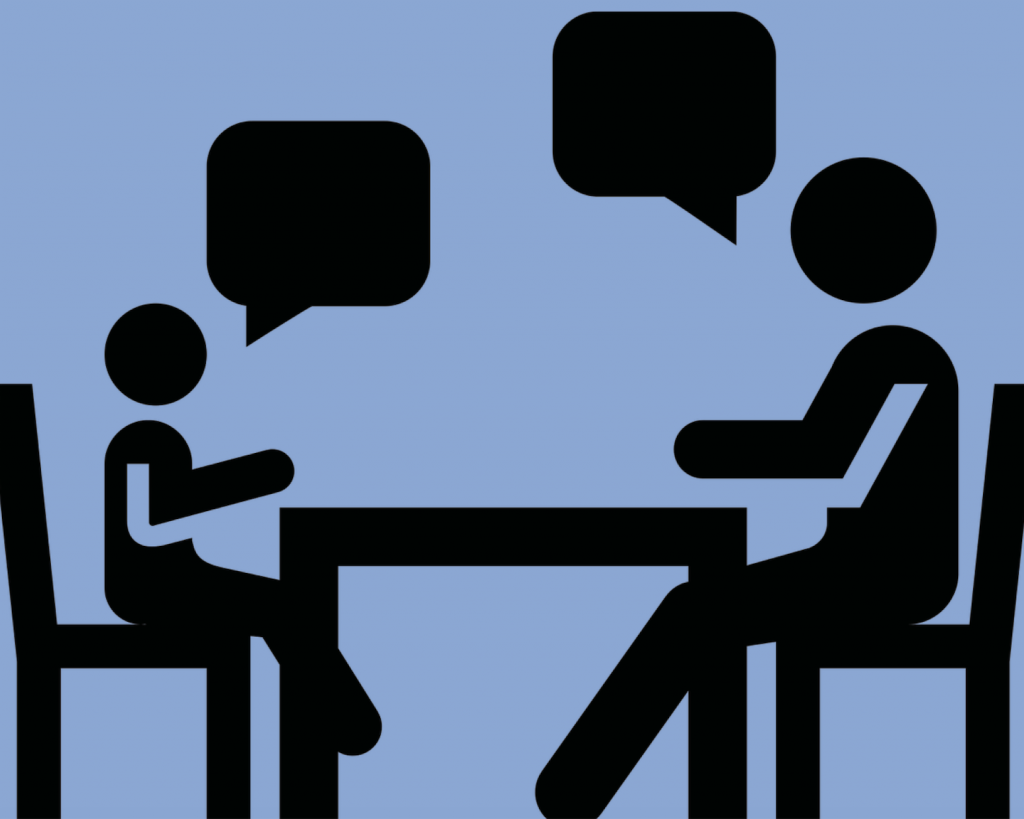A common phenomenon among SIS students is to study until dawn for a test without seeing significant success in their performance. While students often complain of sleep deprivation, less time is given to reflecting on how efficiently study time is used. Studying for longer hours does not necessarily equate to being more prepared for an assessment. What students must realize is that efficient and effective studying is what will benefit them the most—in both physical and academic aspects. In order to achieve such results, there is a need for reflection and reconstruction of studying methods.
The most common problem with the way many students study is the dependence on memorization. Memorization only stimulates short-term memory, and information is much less likely to be retained in the long term unless the content is properly understood. Especially in AP classes, in which there is a necessity to keep all the information in one’s memory until the May exams, acquiring a deep understanding of the material is paramount. Yet, the ultimate and seemingly inevitable method of studying for tomorrow’s AP Biology test is to memorize all of the possible multiple-choice questions seen on the online practice set of Mastering Biology multiple choice questions and their answers that you may see on the paper.
If students only memorize that the answer to question 1 is A and question 2 is D, classes and learning mean much less. While such methods of studying may yield immediate results, they will not help students prepare for higher levels of study at college and beyond. Also, if the test requires synthesis of information, studying by memorizing will fall short.
There are many ways to gradually change studying methods. Students can start by trying to understand all the material. This means holding on to a certain confusing concept from the lecture instead of shrugging it off to memorization. Doing so will save large amounts of time spent outside of class trying to memorize facts the day before the test without understanding the logical reasoning behind what is being memorized.
Once all content is fully understood, the rest of the changes are rather simple. For courses in social studies or mathematics, it is also important to practice analyzing and synthesizing information before the test. Simply knowing the formula or idea does not ensure a full grasp on the ways concepts can be applied. By doing so, one will be forced to move away from simple regurgitation to using higher thinking skills based on a solid foundation of understanding.
This application of higher thinking skills is also known in the educational field as metacognition, thinking about thinking. Considering the amount of time spent studying, very little time is spent thinking about how to maximize efficiency during that time when in fact, such may save countless hours that would otherwise be wasted. There are many scientific studies to support the importance of metacognition in studying. Studying should not be done for its sake, but something that is planned and executed to its maximum efficiency.
Ultimately, however, it all comes down to study habits. Advice to begin studying in advance, not the day before the test, has been heard too often to mean anything to students. From a realistic standpoint, it all comes down to how one studies the day before the test. Students must be able to focus on what is important while studying. Studying for hours on a small portion of the test and thus having no time to touch upon major concepts will not lead to success. When you sit at your desk to begin studying, lay out the major concepts, and plan your process of studying by importance. What matters is not how long you study, but how well you study.

